
A SHORT HISTORY OF
PERSIAN LITERATURE
A seminal book, A Short History of Persian Literature at the Bahman, the dilshh and the Qubshh Courts Deccan, by T.N. Devare, was first published in 1961. Over the past six decades, his work has been widely recognised as a pioneering study to re-discover the glorious heritage of Persian in the Deccan following the first comprehensive and critical survey completed by the author of Persian manuscript sources and literary works scattered across numerous libraries, archives and repositories in India and abroad.
The book convincingly argues that the Deccans multilingual and multi-religious traditions shaped the evolution of Indo-Persian and produced over nearly four centuries, a distinct literary and cultural world marked by a syncretic character which defied social, political or religious boundaries. The author also makes the case for collaboration between Persian and the regional languages of India, particularly Marathi. It is the rich legacy of Persian in the Deccan Courts with their vast treasures of literature that is preserved in Dr Devares work.
The book has been regarded and continues to remain a foundational text for studying the Deccan, be it in the field of history, literature or culture.
Tukaram Nagesh Devare was born in the former Nizam state of Hyderabad. His early education was at Nanded presently in Maharashtra after which he studied at Fergusson College in Poona now Pune. After obtaining MA, Ph D and LLB from Bombay University, he taught Persian and Urdu at N. Wadia College, Poona as the Head of Department and Vice-Principal. Dr Devare was a scholar of Indo-Persian language and culture in medieval India. His scholarship was however, not limited to just Persian and Urdu, but he also knew English, Arabic, Hindi, Marathi and had some knowledge of Pashto and Telugu.
As Vice-President of Maharashtra Rashtrabhasha Sabha, he did pioneering work in promoting studies of Hindi in Maharashtra. A renowned educationist, he was closely associated with building Wadia College and the newly established Pune University.
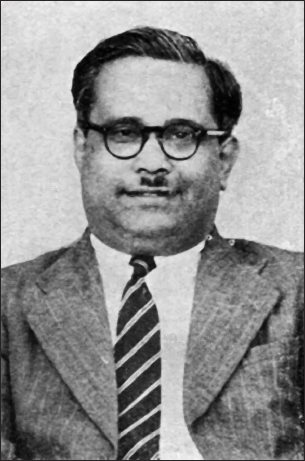
DR. T.N. DEVARE, 1914-57
A SHORT HISTORY OF
Persian Literature
At the Bahman, the dilshh and
the Qubshh Courts Deccan
T. N. DEVARE

Reprinted 2018
by Routledge
2 Park Square, Milton Park, Abingdon, Oxon OX14 4RN
and by Routledge
711 Third Avenue, New York, NY 10017
Routledge is an imprint of the Taylor & Francis Group, an informa business
Sudhir T. Devare and Manohar Publishers & Distributors
The right of the estate of T.N. Devare to be identified as the author of this work has been asserted in accordance with sections 77 and 78 of the Copyright, Designs and Patents Act 1988.
All rights reserved. No part of this book may be reprinted or reproduced or utilised in any form or by any electronic, mechanical, or other means, now known or hereafter invented, including photocopying and recording, or in any information storage or retrieval system, without permission in writing from the publishers.
Trademark notice: Product or corporate names may be trademarks or registered trademarks, and are used only for identification and explanation without intent to infringe.
First published in 1961 Sumati T. Devare
Print edition not for sale in South Asia (India, Sri Lanka, Nepal, Bangladesh, Afghanistan, Pakistan or Bhutan)
British Library Cataloguing in Publication Data
A catalogue record for this book is available from the British Library
Library of Congress Cataloging in Publication Data
A catalog record for this book has been requested
ISBN: 978-1-138-31633-1 (hbk)
ISBN: 978-0-429-45569-8 (ebk)
Typeset in Adobe Garamond Pro 11/13
by Manohar, New Delhi 110 002
Contents
.
I T IS A proud privilege for the Devare family to bring out a reprint edition of Dr T.N. Devares seminal work, A Short History of Persian Literature: At the Bahman, the Adilshh and the Qubshh Courts Deccan first published in 1961. Over the years this study has been recognized as a pioneering effort to discover the glorious heritage of Indo-Persian in the Deccan. It is gratifying to learn from scholars and experts that Dr Devares work was the first comprehensive and critical survey of Persian manuscript sources and literary works that were scattered across numerous libraries, archives and repositories in India and abroad and that he was one of the first to make the case for collaboration between regional languages of India and Persian, particularly with regard to Marathi. Through his painstaking research of several known and unknown sources Dr Devare had convincingly argued that the Deccans multi-lingual and multi-religious traditions shaped the evolution of Indo-Persian and produced a distinct literary and cultural world that defied social, political or religious boundaries.
Dr Devares scholarly work and indeed his life itself bears testimony to a time and generation that was inspired by the idealism and sacrifices of the independence struggle and commitment towards nation-building. Coming from Nanded district which was part of the former Nizam state of Hyderabad he chose to study Persian and Urdu at Fergusson College in Poona and secured MA, PhD and LLB degrees from Bombay University. His PhD work was under the guidance of Khan Bahadur Shaikh Abdul Kadir-e-Sarfaraz, a highly venerated Professor and a distinguished Persian scholar. As an educationist in Poona (as it was known then) which was a hub of institutions set up by freedom fighters and social reformers Dr Devare devoted himself as a Life Member to building a new institution, N. Wadia College. He was also an active academic who engaged himself in shaping the newly established Poona University. In 1957 (the same year he passed away suddenly at an untimely age of 43), under a Visiting Professors Programme he was invited to the US where he visited leading universities giving talks on education and language studies in India.
Dr Devare was a true linguist. His scholarship was not restricted to Persian, Arabic, Urdu, Hindi and Marathi. He had working knowledge of Telugu and had also studied Pashto. He was the Vice-President of the Maharashtra Rashtrabhasha Sabha, an institution he had helped to set up in the 1940s to promote the studies of Hindi in the old Bombay state. Certificates of the examinations conducted by the Sabha signed by my father used to be proudly displayed in thousands of homes across the state. In his last years he had also started learning Sanskrit.
It was, however, the Persian literature, especially poetry which was his passion. I still recall the melodious recitation of Persian and Urdu poetry at our residence on the Wadia College campus where his friends would gather from time to time. Scores of his students passed graduate and postgraduate examinations in Persian and Urdu with flying colours.
A person leaves behind his memories and work. Dr Devares contribution in the field of his interest and scholarship, namely, Persian literature is still valued around the world. We trust that this book will be found useful by scholars and students alike who wish to understand and study the legacy of Persian literature in India, especially in the Deccan and the impact it has left on the syncretic culture of the region.
Next page
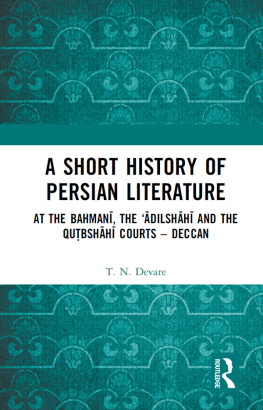

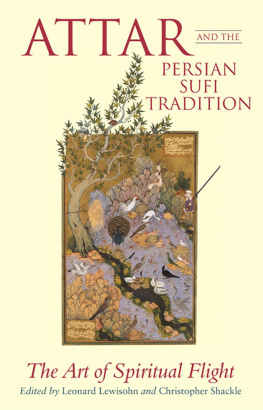

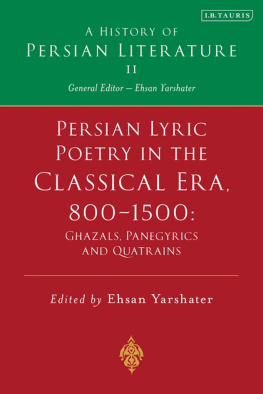
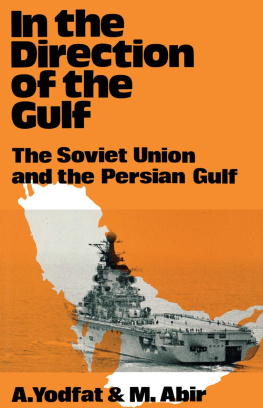
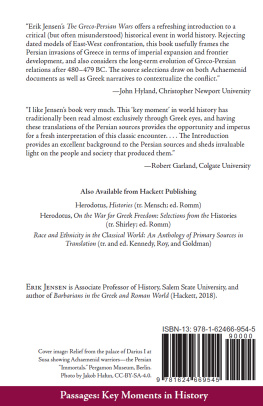
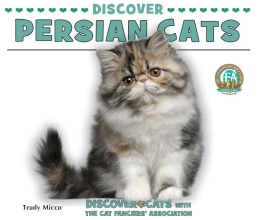

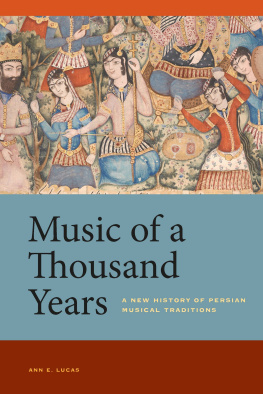
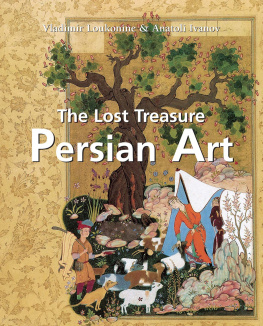
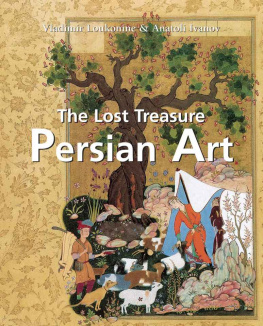

 DR. T.N. DEVARE, 1914-57
DR. T.N. DEVARE, 1914-57 
